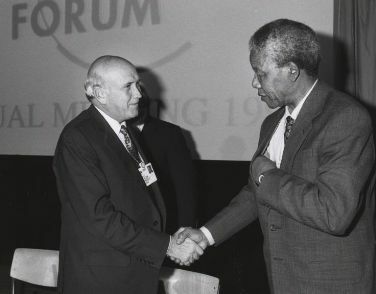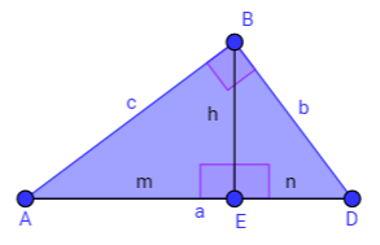The Bolsonaro government changed several traffic laws. This is because the former President of the Republic considered that there was a lot of bureaucracy and burden on drivers, thus, many changes were made to the Brazilian Traffic Code (CTB).
According to experts in the area of traffic and specific legislation, these measures ended up reducing safety in vehicle traffic. Not only that, but among society as a whole, these changes were the subject of much criticism and controversy.
see more
School director intervenes delicately when noticing a student wearing a cap in…
Mother informs school that 4-year-old daughter, who prepares her lunch, can…
Some examples of these changes are the increase in the deadline for renewal of the National Driver's License (driver's license) and the expansion of the score required to have the right to drive suspended.
Despite the measures having been taken in the previous mandate, the current federal government, with Lula in the Presidency of the Republic, has not yet touched on the subject of altering or not the measures that were carried out by Bolsonaro.
Below, we list the most controversial changes that can be changed by the Lula government, even if most also need majority approval in Congress.
Increase in CNH validity and score
Law No. 14.071/2020 brought several changes, including increasing the deadline for renewing the CNH and the scoring limit for having the right to drive suspended.
Before, with 20 points, the CNH was suspended, and after the change, 40 points are needed for this. However, the score is 40 only if the driver has not had any serious violations in the previous 12 months. If you have an infraction of this nature, the score drops to 30, and with two or more serious infractions, the limit is again 20.
This distinction is not applied to professional drivers, of any category, as all have a limit of 40 points, with or without a serious infraction committed in the last year.
Regarding validity, previously the CNH had five years to expire, regardless of the driver's age. Now, for drivers up to 50 years of age, it is ten years. In the case of drivers between 50 and 70 years of age, the period is five years. Above the age of 70, the CNH term is three years.
For these changes to be reversed or modified, it is necessary to go through a new vote in the National Congress.
Lower number of speed cameras on federal highways
Another change, made in the first year of Jair Bolsonaro’s government, in 2019, was the suspension of mobile, portable and fixed speed cameras on federal highways. The motivation of the then president was that the equipment was installed only to raise money, even without any previous study to prove this.
Also in December 2019, it was determined that electronic speed control would be re-established, according to Justice. The federal government complied with the order.
However, in 2021, radars on federal highways were drastically reduced, Before totaling 8 thousand, the number dropped to just 2 thousand.
Since the federal highways are managed by agencies subordinate to the federal government, Lula could annul the measure without having to go through congressional approval, in theory.
It is noteworthy that these are not the only changes that can be reversed by the new federal government. Now, it remains to be seen whether measures will be taken, as well as whether they will be supported by Congress, since the vast majority of changes would depend on prior approval.


